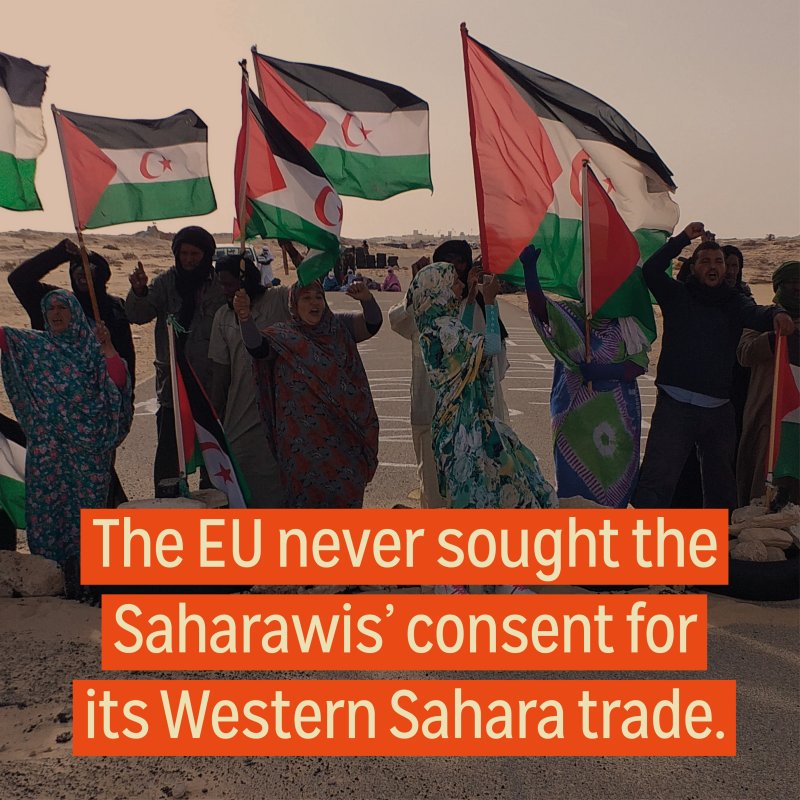
Bilateral free trade and investment agreements are not only economic instruments. They are tools to advance corporate and state geopolitical and “security” interests. Pro-free market journalist Thomas Friedman wrote: “The hidden hand of the market will never work without a hidden fist — McDonald’s cannot flourish without McDonnell Douglas, the builder of the F-15. And the hidden fist that keeps the world safe for Silicon Valley’s technologies is called the United States Army, AirForce and Marine Corps.”
Neoliberal globalization and war are two sides of the same coin. Throughout many parts of the world there has been little “hidden” about the links between corporate interests, globalization, and militarization. Under the guise of the war on terror, the war on drugs and “humanitarian” missions, U.S. military forces continue to back U.S. corporate and geopolitical interests from Iraq to Colombia, from Honduras to the Philippines. We can see it in the invasion and occupation of Iraq and how the US Agency for International Development (USAID) awarded “reconstruction” contracts to corporate backers of the Bush Administration. We see it in plans for a U.S. free trade agreement with the Middle East by 2013, based on imposing a network of bilateral FTAs on individual Middle Eastern governments. We can see it in the renewed U.S. military presence in South East Asia, especially in their joint exercises with the Philippine military alongside a continued wave of killings of hundreds of activists linked to movements resisting imperialism. Their mission is to make the world safe for capitalism and the U.S. empire and to crush communities and economies organized around different values and principles. Free trade and free market policies are frequently accompanied by repression of dissent.
Meanwhile human rights is invoked cynically by governments to stave off criticism of FTA negotiations with countries whose human rights record is widely denounced as appalling. Canada, for example, claims that its controversial FTA with Colombia will help strengthen its social foundations “and contribute to a domestic environment where individual rights and the rule of law are respected”. Opponents argue that this deal will benefit Canadian mining and agribusiness TNCs, at the expense of the majority of Colombians who live with daily killings of trade unionists and other activists by paramilitaries linked to the state, while adding legitimacy to the pro-US, neoliberal Uribe regime (see Canada-Colombia section).
While US economic, trade and foreign policy invokes the “war on drugs” in relation to Central America and the Andean countries, Washington has "rewarded" its allies in the "war on terror" (e.g. Australia and Thailand) by negotiating FTAs with them while trumpeting its FTA with Morocco as proof of its support for “tolerant and open” Muslim societies. And it has demanded that the governments of Gulf countries scrap their boycotts of Israeli goods as part of FTA negotiations. Other governments also explicitly link their international trade and economic policy with security and geopolitical interests. For example, the EU-Syria agreement has a special provision committing Damascus to the pursuit of a “verifiable Middle East zone free of weapons of mass destruction, nuclear, biological and chemical, and their delivery systems”.
Besides the obvious ways in which US geopolitical concerns are embedded in Washington’s pursuit of bilateral trade and investment deals, other countries are also pursuing bilateral free trade and investment agreements to further geopolitical goals. Increasingly, we can see access to energy resources (eg. oil, gas, uranium, agrofuels and water) as a factor in determining the priorities of signing bilateral FTAs for countries such as China and Japan (see Energy & environment).
Photo: Limam Bachir / Western Sahara Resource Watch
last update: May 2012






